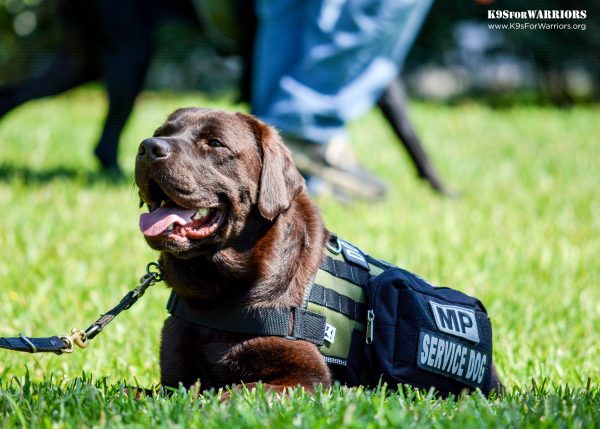Service dog placement with US military veterans with PTSD could help boost their morning salivary cortisol response
What was the goal?
The goal of this study was to identify how service dogs may impact stress physiology among veterans with posttraumatic stress disorder.
Why is this important?
Though the research on the benefits and challenges of service dogs for veterans with PTSD is growing, few studies explore the effects of service dogs on veterans from a physiological perspective.
Who was involved?
A total of 245 participants at baseline and three-months follow-up across an intervention group (service dog: veterans n = 88, partners n = 46) and control group (usual care: n = 73, partners n = 38).

How did we answer our question?
A stress hormone (cortisol) found in saliva was assessed at 2 timepoints, 3-months apart. A total of 3,951 saliva samples were collected (veterans: 2,613, partners: 1,338).
What did we learn?
Overall, veterans with service dogs had stress hormone patterns more like those in healthy adults without PTSD.
Results were not statistically significant for partners.


